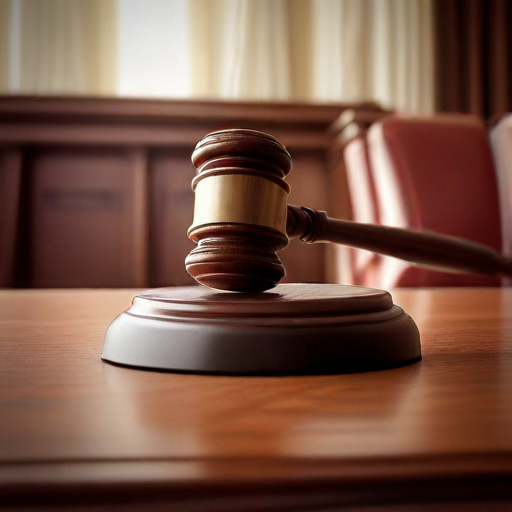The federal courts will not be forwarding allegations against Supreme Court Justice Clarence Thomas regarding potential ethics law violations to the Justice Department, as announced by the judiciary’s policymaking body on Thursday. This decision follows Justice Thomas’s agreement to adhere to revised protocols for reporting trips and gifts, which now include more explicit guidelines on hospitality from personal acquaintances, as detailed in a communication to Democratic senators who had requested an investigation into his undisclosed luxury trips.
Justice Thomas has maintained that he did not need to disclose numerous trips taken with his wife, which were funded by affluent benefactors such as Republican megadonor Harlan Crow, due to their close personal friendship. The Supreme Court, under scrutiny, established its first ethics code in 2023, although the code currently lacks enforcement mechanisms.
U.S. District Judge Robert Conrad, who functions as the secretary for the U.S. Judicial Conference, indicated uncertainty about whether the conference has the authority to initiate a criminal referral for a Supreme Court justice’s conduct. He noted that no such action is required since two Democratic senators had already requested Attorney General Merrick Garland to appoint a special counsel earlier this summer, but as of now, no such appointment has been confirmed.
Senator Sheldon Whitehouse voiced concerns that the judiciary is avoiding its responsibility to ensure accountability for a Supreme Court justice regarding ethics breaches. In a related matter, a conservative legal group, the Center for Renewing America, raised similar complaints about Justice Ketanji Brown Jackson’s disclosures concerning her husband’s consulting income. Following that, Justice Jackson revised her disclosures and agreed to comply with the updated reporting requirements.
With ongoing discussions about the ethical standards governing Supreme Court justices, this situation highlights the evolving nature of accountability within the judiciary. Despite criticisms, the progress made, including the establishment of an ethics code, represents a step towards greater transparency and responsibility.
In summary, the federal judiciary is facing challenges concerning ethical standards among its members, with certain justices agreeing to new reporting requirements as calls for accountability increase. This ongoing discourse highlights the importance of ethics in high-level positions and the need for continued improvement in judicial transparency practices. It’s a hopeful sign that reforms are being considered and implemented, reflecting society’s demand for integrity within its institutions.
